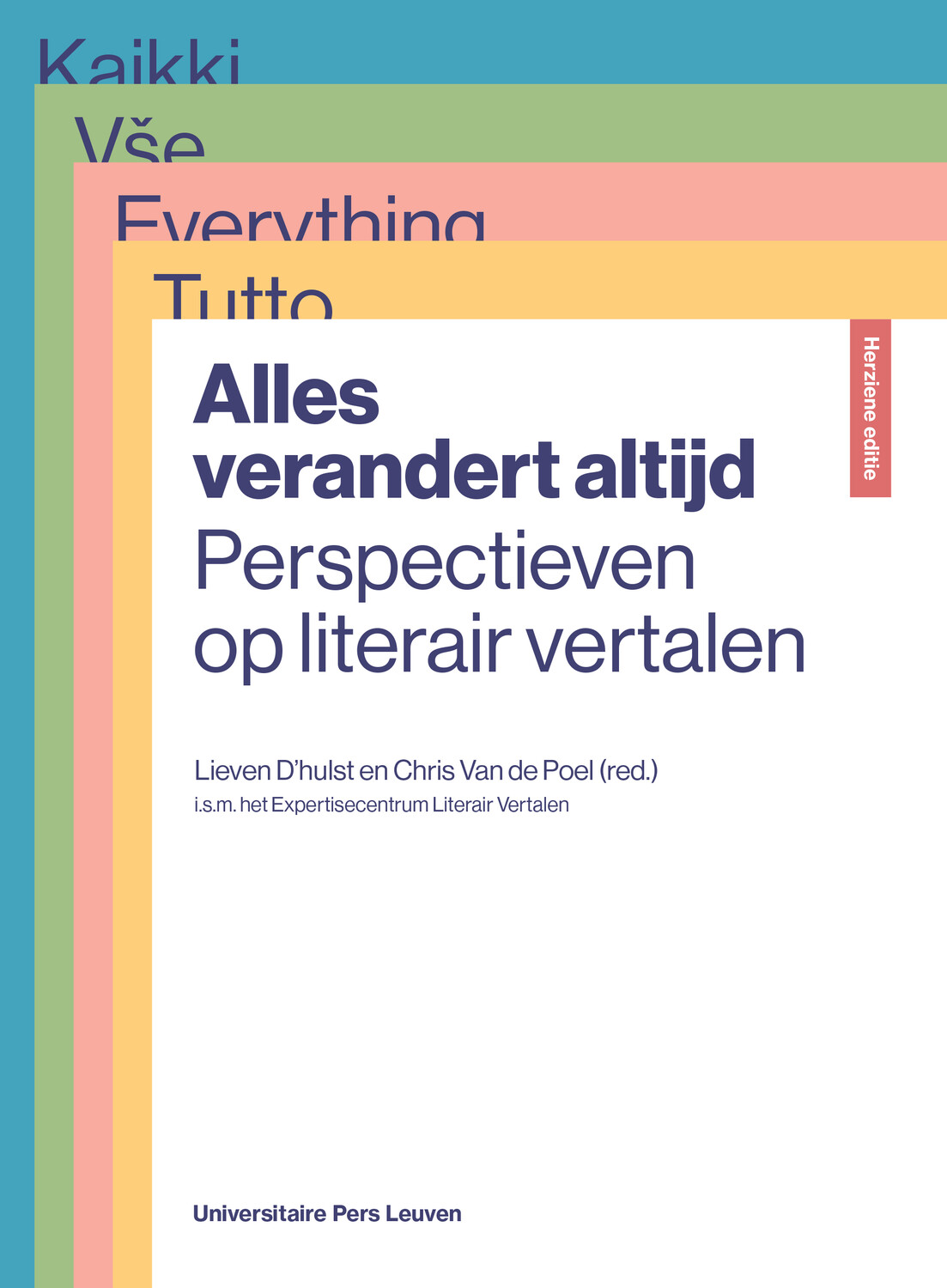“The monograph will be considered a warm haven, a tool for resistance and reflection. I expect that it will even regain a certain importance compared to publishing in journals.”
Hilde Van Gelder, Professor of Contemporary Art History, KU Leuven

Academic publishing underwent significant changes over the last 50 years. Which ones do you find most striking or significant?
That English is now the established lingua franca.
What is your experience with academic publishing? Is there anything in particular that you look for or value in the collaboration with publishers
Very positive. I especially value the peer review process and the not-for-profit publishing, which adds to the quality of the publications.
Peer review is central to the value of academic publishing. What characterises, in your view, successful peer review that empowers and respects authors and readers? Do you see ways in which peer review could be re-thought, for instance with respect to the inclusion of a broader set of voices that need to be heard?
The standard of two peer reviewers is a minimum. Ideally, an author should have at least ca. 10 persons with complementary backgrounds and of different age ranges (and expertise) read her manuscript before completing it.
What is your experience with Open Access publishing, either as an author or as a reader? Do you identify obvious benefits or perhaps also opportunities for future development?
I am pro Open Access whenever possible.
What do you prefer: print or digital books? Is there a difference between what you read online and what you read on paper?
Ideally, the two go hand in hand. Yes, online formats have other requirements than a printed book and this should be considered when conceiving a project.
How important is the book cover design to you?
Extremely important, essential and vital.
Which are some emerging topics in your field of research and/or academic publishing?
More personal approaches/methodologies and style of writing/tone of voice, which allows my field to further bridge the gap with artistic research.
What would be your advice for junior researchers on the verge of publishing their first monograph?
Take the time you need, even if there is much external pressure.
How do you expect academic publishing to evolve over the next 50 years? Will the monograph stand the test of time?
In my field, definitely yes, the monograph will be considered as a warm haven, as a tool for resistance and reflection. I expect that it will even regain a certain importance compared to publishing in journals.











































